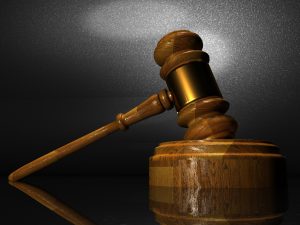Causation is usually simple: this happened because of that. The wheel fell off my bicycle, causing me to fall and break my arm. Legal causation is not so simple, and it can be very difficult to prove in a civil case. Legal causation or “proximate cause” involves an event (or thing) which is sufficiently related to an injury such that the cause of the event or thing is held legally liable for injuries sustained. It may not sound all that complicated, but millions of attorney hours are spent each year fighting over proximate cause. In fact, it’s one of the main reasons we have courthouses.
Of all the bad drug results you read about, you would think proving legal causation in a Risperdal case would be straightforward: a boy with autism or psychological issues is prescribed Risperdal; after a period of months or years on the drug, he begins to grow female breasts, a condition known as gynecomastia. Boys should not grow female breasts. It is extremely rare for an adolescent boy not taking Risperdal to grow female breasts. And studies have shown that Risperdal can cause gynecomastia. Ergo (sorry, I’ve been wanting to get that word in a post), if a boy is taking Risperdal, and fifteen months later grows female breasts, it should follow that the Risperdal caused the gynecomastia. And that the manufacturers of the drug should pay for the physical injury, the emotional trauma, and any other suffering.
But it doesn’t always work that way. Two recent court cases involving boys injured after taking Risperdal yielded two very different results, and the takeaway is the importance of medical experts who can testify to the connection of the injury (gynecomastia) to the cause (taking Risperdal).
 North Carolina Product Liability Lawyer Blog
North Carolina Product Liability Lawyer Blog



